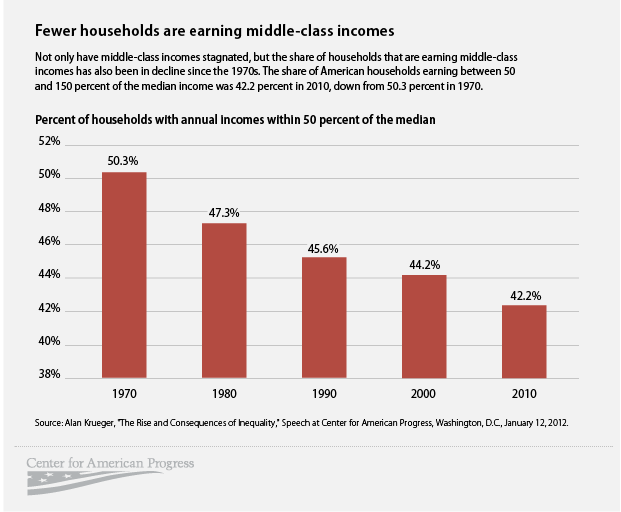How Corporations Have a Negative Impact on The Society

A corporation is a legal business entity whose members have limited liabilities. This means that in case of liquidation, the owners only lose the business assets and the employees their jobs but not any private property. They are mainly created by a body of persons or entities that come together and form one business operating unit (Zerk, 109). Corporations are considered as real persons and can be convicted and are also allowed to exercise human rights just like individual human beings.
Picketing is the act of people gathering up in a designated area like in front of a company entrance to make their grievances known to the management or owners of that company. This includes members of the public gathering up in peaceful demonstrations against a common grievance in an effort to have the relevant authorities take some actions. Picketers can significantly paralyze business operations if allowed to gather up momentum and proceed for an extended duration of time.
Of late demonstrators have been picketing homes of billionaires in Wall Street. These demonstrators claim that the owners of big corporations in Wall Street, a term which has come to be associated with the wealthy individuals in America, are taking undue advantage in the American market to ensure that they continue enriching themselves at the expense of the American majority population. Among the owners of corporations whose homes were picketed include Jamie Dimon of JP Morgan Chase, David Koch, the vice president of Koch industries, Howard Milstein, the New York private Bank and Trust Chief Executive Officer (C.E.O) president and Robert Murdoch, News Corporation C.E.O among others. The organizers of these gatherings who include United New York, Working families’ party and the New York Community for change claim that the owners of big corporations exercise undue advantage over the American working class and the civil society creating a huge gap between the rich and the poor.

Corporations all over the world have social responsibility to the larger society or community. Corporations should act in a designated way which should be for the interest of the larger community and not their own selfish interests. There should be accountability as well as transparency on the part of all corporations (Zerk, 144). It’s important that the interests of all stakeholders including the customers be considered rather than concentrating solely on the interests of shareholders.
Corporate moral responsibility in the American economy has ceased to be in existence. The wealthy corporate owners, who include bank owners, insurance firms’ owners and credit card company owners, are continually neglecting the plight of the local American citizen, putting the prices of some essential commodities and services beyond their reach. Banks have raised interest rates while the credit card companies have very high charges in providing their services (McGeehan, 7). The corporations are going to the extent of even employing under age individuals just to try and maximize their profits by cutting down costs. These among other illegal corporate activities have had a negative impact on society. Income disparity has increased significantly creating a huge gap between the rich few and the majority many.

The New York Times reported that the wealthy community of New York who represent only about 1% of New York population and who live on the upper east side are set to pocket $5 billion in unfair tax breaks. This disparity in income distribution is forcing the majority of citizens to more poverty. A teacher was reported to have lost his house and now spends in a park while teaching special needs children during the day. More people are being forced out of their houses and homes and making the life of the common citizen even more unbearable. It is for these reasons and others that the common citizens have been forced to the streets to demonstrate against this disparity and have the federal government take some actions. All in all, the corporations should exercise some moral responsibility to all the stakeholders involved in their growth.
Works Cited
Zerk, A. Jennifer. Multinationals and Corporate Social Responsibility – Limitations and Opportunities in International Law. Cambridge: Cambridge University Press, 2006. Print.
McGeehan Patrick. “After Reversal of Fortunes, City Takes a New Look at Wall Street”. The New York Times. Retrieved, 01-15 -2011.




